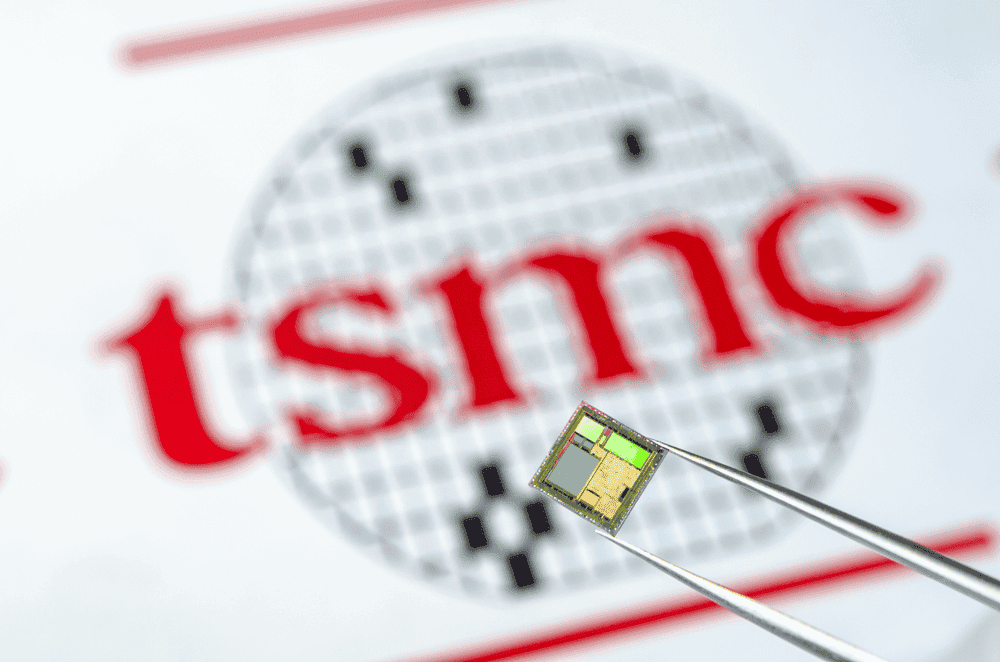Apple is yet to reveal its iPhone 16 generation, but this won’t hold the first rumors for the iPhone 17 series. A new report emerged today revealing an interesting fact about the next iPhone 17 Pro variant. According to the report, the next iPhone will be the first with a chipset built on TSMC’s 2nm process. To those unaware, TSMC started working on the 2nm process back in 2022, and even back the rumors had it the iPhone 17 Pro would be the first device to arrive with a chipset featuring this process.
TSMC to begin mass manufacturing 2nm chips by early 2025 – Right in Time for the iPhone 17 Pro
The small-scale production of the 2nm process is expected to debut at TSMC later this year. The mass manufacturing will start early in 2025, right in time for the iPhone 17 Pro’s release in the fall of the next year. This information certainly brings some new heat to the rumors about Apple’s 2nm flagship chipset.
Interestingly, rumors emerged earlier this year claiming that Apple had contracted the entirety of TSMC’s 2nm process, at least initially. That would grant a certain advantage for the company when it comes to the new cutting-edge technology. Apple could easily brag about being the only brand with the super efficient 2nm process. Anyway, the brand is expected to also use it on other chipsets like the Apple Silicon M-series.

The next step after the 2nm manufacturing process will be an enhanced version of the 2nm process. It is expected towards the end of 2026, when will see a jump of 1.4nm. Of course, this is based on reports and is subject to change due to unpredictable scenarios.
The iPhone 16 series and the iOS 18 are expected to come later this year with a focus on AI. Therefore, the next Apple chipset is expected to come with some extra guts for AI processing. Interestingly, most of the chipset makers like Qualcomm and MediaTek have been working hard to make their chipsets ready and powerful for AI processing. The recently-released Snapdragon 8s Gen 3 is a good example. We expect Apple to also follow this trend.
The Apple iPhone 16 series is expected to retain the current 3nm chipsets, but we expect a new chipset with some improvements to extract the best of this technology.





